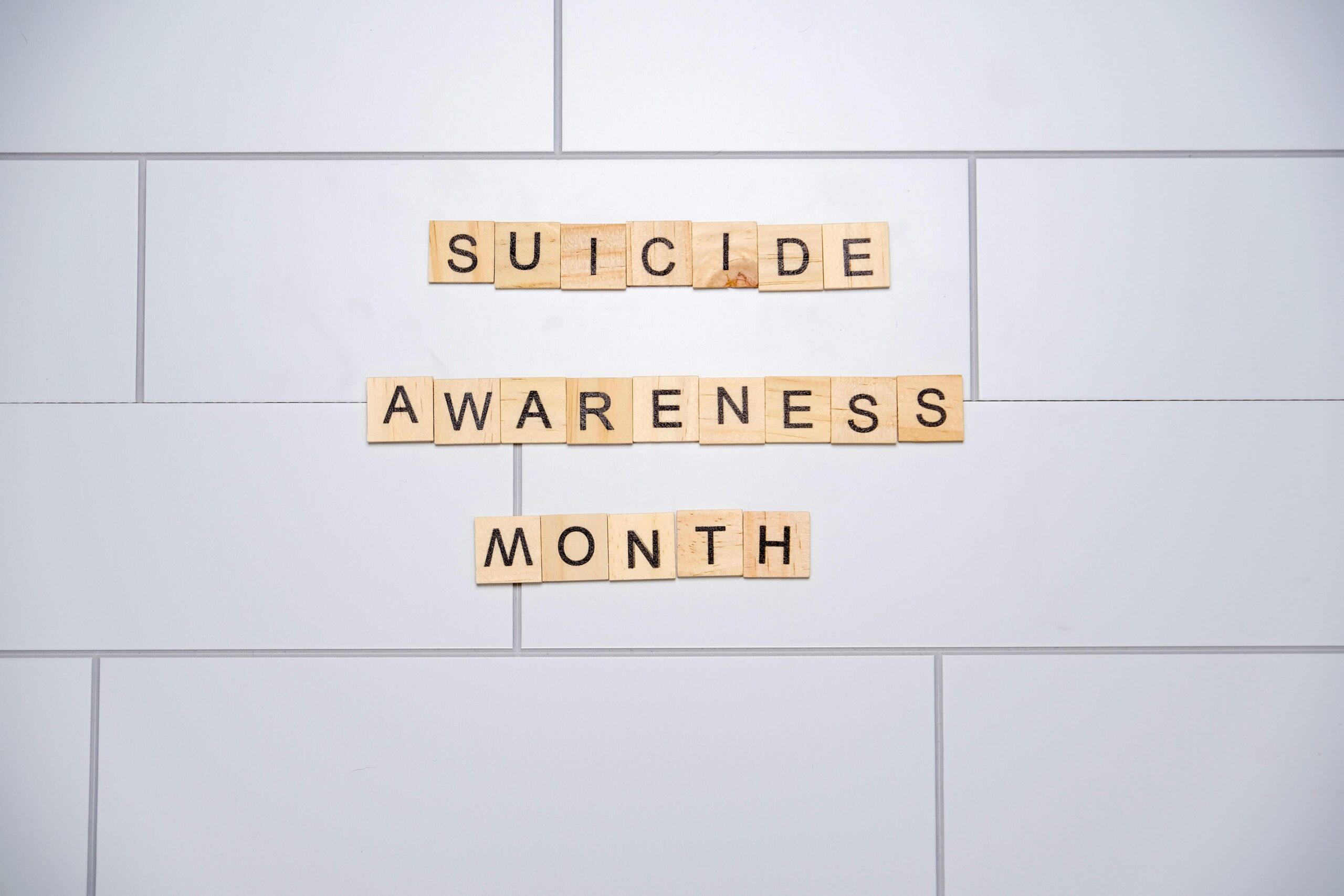Eco-Anxiety has been defined as “the chronic fear of environmental consequences that come from observing the impact of climate change.” While not officially classified as a mental health disorder, this growing phenomenon is prompting more people to seek psychological support.
Eco-anxiety as an understandable response to environmental challenges. Recent global events have brought these concerns into focus – from devastating bush fires in Australia and Los Angeles to powerful cyclones like Cyclone Gabriel.
Who’s Affected?
Early research suggests that more than half of people think about climate-related problems at least weekly. This concern appears more pronounced in developing countries.
The experience of eco-anxiety tends to be strongest among those who are most environmentally conscious. For these individuals, staying informed about climate change can lead to:
- Persistent anxiety and stress
- Sleep difficulties
- Increased nervousness
- Feelings of helplessness
- In severe cases, symptoms of depression
What Causes Eco-Anxiety?
The triggers for eco-anxiety are rooted in environmental challenges:
- Increasingly frequent extreme weather events
- Rising pollution levels and their health impacts
- Ocean pollution and plastic accumulation
- Loss of biodiversity
- Growing water scarcity
- Deforestation
- Rising sea levels
Managing Eco-Anxiety
While the environmental challenges we face exist, there are healthy ways to manage eco-anxiety:
- Think about what you can control
- Practice self-care
- Connect with others
- Seek counselling support if anxiety becomes overwhelming
Feeling concerned about climate change is a normal response to distressing information and events. The key is finding constructive ways to handle these feelings and maintaining your well-being.
Strategies
Education and Awareness
- Deepen your understanding of climate issues through only reliable source
- Stay informed about both challenges and progress in environmental protection
Personal Action and Empowerment
- Transform anxiety into positive action through sustainable lifestyle changes
- Engage in community environmental initiatives
- Focus on actions within your control while accepting broader systemic challenges
- Take regular breaks from thinking about climate change and its media coverage.
Examples of what you can control
At Home
- Conserve water by being mindful of usage
- Implement recycling practices
- Reduce single-use plastic consumption
- Start an urban garden to connect with nature
Transportation
- Choose sustainable transportation options when possible
- Walk or cycle for short distances
- Use public transportation or carpooling for longer trips
Food and Consumption
- Support local and sustainable food sources
- Practice mindful consumption
- Choose products with minimal packaging where possible
Community
- Participate in environmental activities like “plogging” (picking up litter while jogging)
- Join local environmental groups or initiatives
- Share sustainable practices with friends and family
Emotional Resilience
- Celebrate small victories and positive changes
- Maintain perspective about your role
- Build connections with others
- Practicing self-care while pursuing environmental goals
The Bigger Picture
Remember: Every small action counts. By combining practical steps with emotional resilience, we can manage eco-anxiety and contribute to environmental solutions supporting both the environment and our wellbeing.
If you would like support finding ways to manage anxiety don’t hesitate to call Instep on 0800 284 678 and ask for an appointment with one of our registered counsellors.




